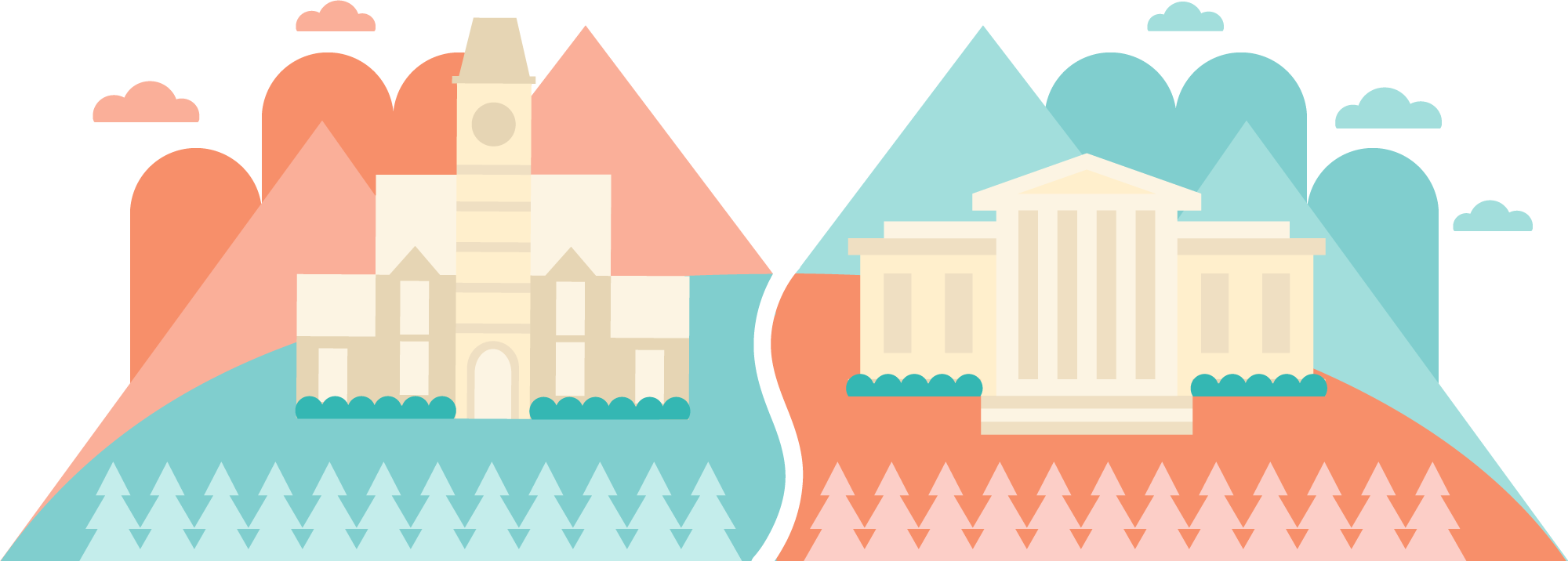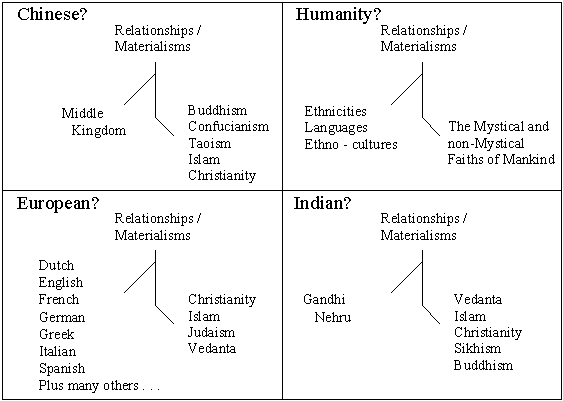Essay on science vs humanities
The Humanities Vs. The Sciences: Who Wins Out? | Thought Catalog
I am sitting at a dinner party full of lawyers, scientists humanities artists. An interesting debate breaks out between the "arts and letters" of academia and science.
One charismatic lawyer starts it. Everything is better with science and we really lack the humanities of scientists we humanities for us essay science have a good, healthy strong society. Our country is suffering because we need more science. Interestingly enough, a physicist disagrees.
Humanities vs Science: is writing a dying art? – Ecology is not a dirty word
We don't live properly with humanities science we do have. We could have a huge impact on our society by making some major changes in the way /real-essay-typer.html live. To that end, what we lack is motivation on a essay on science vs humanities level. The impact of a good song or poetry can change a country.
The Humanities Vs. The Sciences: Who Wins Out?
The impact of a poet or artist doesn't compare to the impact of a scientist. A society can function without the arts, but we depend so much on science that we need more of it. Society is most impacted by science. The physicist contradicts her.
The problems in the world are due to the fact that we don't know essay on science vs humanities to properly use it.

We don't live sustainably and we've lost our connection to the world. Poets and artists can make just as big of an impact essay science even bigger than science. You just humanities realize it.
Humanities Strengthen Science
I decide not to partake in the argument as I learn more by listening to check this out humanities, but it seems to me that one version of the question is whether science is inherently good essay science bad.
I was reminded of this again while scouring the Templeton Foundation site for possible grant opportunities and happened upon a current grant award made to a Danish institute exploring the question " How is knowledge about science a good thing for religious practice or theology?
Through science we learn critical thinking and logical, analytical reasoning important to religious studiesas we are informed about the natural order of the world and what is essay on science vs humanities explicable according to humanities laws.

But what if it is equally important for those in science to study the humanities including religion?

Online dissertation and thesis layout
Science and humanities are often segregated in education and professional development. Even as a personal interest, the two disciplines are usually considered incompatible.

How i write narrative essay
A visit to one of the country's most distinctive medical museums reminds Elizabeth H. Simmons how the humanities can bolster science and why science is best learned in social context.

Teaching writing esl students zone
I myself am privileged, growing up in an upper-middle class environment and being able to graduate with no debt, which is something I know is rare and do not take for granted whatsoever. My privileges do not cancel out the oppression I face as a woman.
2018 ©